The Saturday Read: Weakening dynasties
Inside: Elon Musk’s adventures in Britain, 4chan, Le Pen, Tommy Robinson, Elena Ferrante, Andrew Marr on the army, and Syria one month on.
Good morning. Welcome to the Saturday Read, the New Statesman’s guide to politics, culture, books, and ideas. This is Finn with Nicholas, Pippa and George. Happy New Year and welcome back.
Donald Trump will be inaugurated for a second time in just over a week. And with him, a lesson for 2025: as the great essayist Christopher Caldwell noted in the New Statesman last year, his victory was not so much a question of politics, rather it was a social revolution.
Well, the revolution is here, evident in the triumph of Joe Rogan over Democrat-aligned celebrities like Beyoncé and Taylor Swift; the sprawling three-hour long-form interview over the manicured and mannered A-lister soundbite; the Bezos-owned once-liberal bastion Washington Post refusing to endorse a presidential candidate. Caldwell heralded it: the “dawn of the anti-woke era”. And now perhaps the extreme pieties established in the 2010s have revealed themselves as more of a blip than a rule.
It was always going to come for big tech. Nick Clegg is out at Meta, replaced instead with a republican insider and former adviser to George W Bush. And, this week, Mark Zuckerberg announced the end of fact-checking and content-moderation programmes at his platforms, Facebook and Instagram. Zuckerberg emphasised his commitment to “work with President Trump to push back against foreign governments going after American companies to censor more”. And, with the new President’s help, Zuckerberg wrote, his platforms can “defend against the trend of government overreach on censorship”.
No matter the motivation – cynical cosying up to Trump or pure-of-heart concern – it is clear that we are witnessing a great vibe shift. Thankfully, we have Freddie Hayward and Katie Stallard in Washington, and newly minted American affairs columnist Lee Siegel, ready to guide us through this new front of the culture wars.
As ever, thanks for reading and have a great weekend.
1—“To kill a great power”
For our first cover story of 2025, Robert D Kaplan contends that America, like its rivals China and Russia, is on path for a historic contraction. Our future will not be shaped by superpower confrontation, he concludes, but something worse: the anarchy left by superpower withdrawal. NH
It was the United States whose economic wherewithal rescued Western civilisation in the Second World War and the Cold War. But whereas in 1945 the US accounted for half of all global manufacturing, it now accounts for roughly 16 per cent. America’s gross national debt stands at $36trn, and that debt is growing by $1trn annually. Neither Democrats nor Republicans seem to have even a modicum of the self-discipline required to arrest those movements. It is such financial burdens and complexities that have been a factor in how great powers and empires have declined in the past: witness Rome, early-modern Spain, Habsburg Austria and Britain. This all matters greatly since, throughout history, it has been the great powers – like them or not – that have maintained a semblance of world order. And as they weaken, anarchy inevitably creeps in. Such are the broad outlines against which the recent American election is merely one episode.
2—“A mad actor”
Nigel Farage “does not have what it takes” to lead Reform, according to entrepreneur-cum-raconteur populist Elon Musk. That must have been bruising: Farage has spent years cultivating his relationship with Trump and the new American right, only for Musk to undermine him in one brusque motion. But this was bound to happen, David Gauke suggests. FMcR
The Conservatives repositioned themselves as a populist party in 2019 but the realities of office and the contradictions within their electoral coalition meant that populist voters were left disappointed. In 2024, many of them turned to the simplistic certainties offered by Farage. The latter now seeks to broaden his base of support by rejecting the likes of Robinson. This then alienates some of his own supporters who accuse him of selling out, of not having “what it takes”. Musk is now doing to Farage what Farage has long done to the Tories.
3—“Shallow insights of the ‘normie mind’”
A reading revolution is occurring in the most unlikely of places: 4chan, a web forum more commonly associated with alt-right memes than the Great Novel. But now, as some students feel let down by the traditional academy, they are turning to the online right for a literary education. Ella Dorn reports from the internet. FMcR
Take the Atlantic article last year that revealed students at America’s most elite institutions no longer have the stamina or fluency needed to read entire novels for class. Literature classes in American schools are gradually exchanging “whole books” for short, analysable extracts, which provide a close model of the sort of reading involved in standardised testing. At the university level, lecturers are adjusting their syllabuses in turn to suit those who don’t or can’t read for long periods: one Melville specialist at Columbia has stopped teaching undergraduates Moby-Dick (voted /lit/’s favourite book in 2023). And similar omissions are filtering into the real-world intelligentsia: the editor of the New York Times’ book review section recently admitted on a podcast that he had not read George Eliot’s Middlemarch
4—“Why should it exist?”
I adored Leaf Arbuthnot’s review of 2025’s gooey, mawkish, sentimental RomCom dreck, We Live in Time. It’s well acted by two great stars, but honestly: who is it for? One compensation for the otherwise badly rendered film, she says, is its “unswerving, borderline pathological commitment to its own good looks.” FMcR
The driver is Almut, a bisexual figure skater turned award-winning chef (naturally) who has one of those spunky, feisty personalities mercifully preserved for women in romantic dramas like this one. She waits for her victim to regain consciousness at the hospital, then notices he’s cute and invites him to come by the Anglo-Bavarian restaurant she’s opening in south London, which will go on – as night follows day – to secure a rave review from Jay Rayner.
From there, we see our heroes cruise through the usual checkpoints of the upmarket rom-com relationship: they have passionate on-the-floor sex, they buy gleaming, perfect vegetables from a gleaming, perfect farm shop; they meander in a dopey haze through a park; their eyes sparkle with guarded delight as they realise that they’ve found someone, you know, special.
5—“Grotesque political football”
Hannah Barnes is clear on the grooming gang tragedy: those who failed in their duty to the children have not been held adequately accountable; too few rapists have been imprisoned for their crimes; and it is “shameful that we still do not know the true scale of the depravity that has taken place”. GM
Those who were some of the first to raise the alarm on these crimes – such as the Labour MP Ann Cryer as far back as 2002 – were branded “racist”. Robinson highlighted the issue when others denied there was a problem, but he was not the first to expose the scandal, played no part in bringing about (limited) justice and he is not in prison today for speaking out. In fact, Robinson’s actions in 2018 came close to causing a trial regarding one rape gang to collapse.
To enjoy our latest analysis of politics, news and events, in addition to world-class literary and cultural reviews, click here to subscribe to the New Statesman. You'll enjoy all of the New Statesman's online content, ad-free podcasts and invitations to NS events.
If 2025’s political forecast is stormy, at least its cultural prospects remain bright. It’s time to whip out our calendars and stuff them with enlightening appointments. This week we’ve published two guides to the year ahead in truth and beauty.
For your days out, try Michael Prodger’s tour of the new exhibitions. A touch light on the canon this year, perhaps, but there’s still more than enough for a jaunt or two. Summer with Turner in Manchester and winter with Picasso in Dublin – any spare sofas?
For when you’d rather stay in, consult the best of the books due for release this year. Eimear McBride’s forthcoming novel catches my eye, but your gaze might leap to David Attenborough’s book about oceans, or even the first autobiography ever to be published by a still-serving pope. Let us know what you’re most excited for.
6—“The Le Pen-isation of people’s minds”
From Algeria to Indochina, anti-Semitism to Vichy-apologism, Jean-Marie Le Pen personified all the darkest currents of postwar French history. He died on Tuesday, aged 96. Though it carries a different name, and expelled him in 2015, the party he founded now stands on the cusp of government. David Broder asks if Le Pen died victorious or defeated. NH
Jean-Marie Le Pen bequeathed a party whose identity politics above all hinged on the Muslim presence in France... As France’s far right has more recently sought to shake off past associations, even the long European tradition of anti-Semitism is framed as a Muslim import; Le Pen’s granddaughter Marion Maréchal claimed in November 2023 that “if Jean-Marie Le Pen had been listened to 40 years ago there’d be far less anti-Semites in France”.
A striking statement – Le Pen once claimed that the Nazi gas chambers were a “detail of history” – though such rhetoric is unlikely to be voiced by leaders of the current party. Yet the obituaries retelling Le Pen’s past in the company of Vichyites and fanatics for Algérie française are hardly sufficient to embarrass the National Rally.
7—“A vulnerable, irritating, offshore enemy”
If Russia wants to go further than Ukraine, Andrew Marr warns, the first threat is not tanks in Poland. The UK depends on 60 or so seabed cables, without which we’d be “deaf, blind, numb, cold, broke, angry – and defeated”. Our military is in no shape to defend them – and the British economy is simply too weak for us to rearm. GM
Putin knows, probably better than we do, just how vulnerable his irritating offshore European island enemy – Britain – is. He can jolt and disrupt ordinary life here very easily, without triggering full-blown nuclear war. To that, we have little deterrent. If you think Donald Trump is coming to our rescue then you, not I, are the loon. Meanwhile, further away, the Chinese are approximately building the equivalent of the entire French Navy every four years.
8—“A fairy tale with no need for fairies”
For all that we don’t know about Elena Ferrante, we do know one thing: their source inspiration was the writer Elsa Morante. Who better than Ellen Peirson-Hagger to take us through Morante’s debut novel – a “wild, evocative, compelling” thrill – which is, at last, fully available in English. GM
Morante and her husband, the novelist and critic Alberto Moravia, were both half-Jewish, and spent part of the Second World War fleeing the Fascists and the Nazis. Morante wrote much of the novelwhile hiding in the countryside during the Nazi occupation of Italy – a parallel with De Céspedes, who hid in the woods outside Rome in 1943. But these similar circumstances did not lead to similar work. De Céspedes was a more overtly anti-fascist writer than Morante, and Lies and Sorcery, which takes place during the Belle Époque in Sicily, is not so interested in organised political movements as in the plight of one family. What’s more, De Céspedes and Ginzburg wrote in the spare, neorealist style fashionable in the postwar period; Morante’s novel, at 800 pages and with a web of interconnected characters and frequently hyperbolic flourishes, feels old fashioned in comparison.
9—“Never known democracy”
It has been a month since Syrian rebels toppled the Assad regime. But the elation of that moment, BBC’s chief international correspondent Lyse Doucet writes, has given way to anxiety. What lies in store for the country and its people, as they reckon with great tragedy while trying to build a workable future? FMcR
The past is not yet past. It won’t be for countless Syrians until they know what happened to loved ones who “disappeared” into notorious prisons and secret detention centres. Syrians have been storming into that darkness to see the stomach-churning machinery of torture. Agony bottled up for so long is being uncorked, in heart-rending cries of those who have found a dreaded death certificate, or even a bag of broken bones. Many are still searching. And human rights groups are gathering the blood-soaked secrets stored in the filing cabinets of the regime’s fastidious record keeping.
10—“All relationships are transactional”
Trump is unpredictable. But this week’s turn to expansionism, after almost single-handedly reviving isolationism, might appear like his greatest head-scratcher yet. But Freddie contends we should have seen this coming. The two ideas proceed from one instinct: ego. GM
Trump has few consistent policies, but he does have several stable principles. One is that the US should not help another country – whoever they are – without getting something in return. He treats friend and foe the same. “Canada is subsidised to the tune of about $200bn a year plus,” Trump said on 7 January, apparently mistaking America’s trade deficit with its neighbour for a subsidy. “They have a very small military – they rely on our military,” he continued. “It’s all fine, but they’ve got to pay for that!”
You can see the same disregard for allies in his designs on Greenland.
George’s Best of the Rest
Tina Brown: New and deranged masculinity
James Carville: Why I was wrong about the 2024 election
Alex Rosado: American culture needs more Whiplash
Emily Wilson: The elements of translation. Elemental, mi querido Watsón.
And with that…
Thursday night, to Westminster’s Emmanuel Centre, to discuss the meaning of life, of course. The place stopped being an exclusively Christian venue years ago. But it’s a 900-seat, circular church by design. There are four sets of organ pipes corrugating the walls, and it says “Emmanuel, God with us; Matt 1:23” above the stage. And that evening the building was being taken back to its roots, a conversation between musician Nick Cave and the historian Tom Holland, two of Britain’s principal exponents of what is speculatively being called the “New Theism”.
They have, from opposing angles, played a role in rehabilitating Christianity in intellectual life. Nick Cave has spoken candidly about his church-going for several years, linking his attraction to traditional spirituality to the tragic early death of his son Arthur. His gigs are increasingly spoken of as hushed, reverent experiences, and Cave as sort of coiffed Billy Graham. Tom Holland meanwhile has, through his book Dominion and his podcast The Rest is History become the popular proponent of a “cultural Christianity” thesis drawn ultimately from Nietzsche. In short, the philosophies of the West we take for granted would be impossible without Christianity. Progressivism, liberalism, even secularism itself – all have their deep roots in the writings of Origen, Augustine and Paul.
Both men spoke truthfully about moments of religious transcendence they’d felt or witnessed. The word “vatic” was used. Still, I was struck by how tentative, even agnostic, they ultimately seemed. Nick Cave doesn’t feel the need to call himself a Christian. Tom Holland does, but predicts a rapid decline of Christian belief. He also doesn’t believe in an afterlife, and won’t say if he believes in the Resurrection. The New Theism is clearly a reaction against the arrogant rationalism of the New Atheism. But rather than an answer to our spiritual crisis, it seems a symptom of it: two men clinging to a receding tide of faith.
— Nicholas
The New Statesman is home to the finest writing on politics, culture and ideas. To stay up to date, subscribe using the link above.
— Finn, Nicholas, Pippa and George.






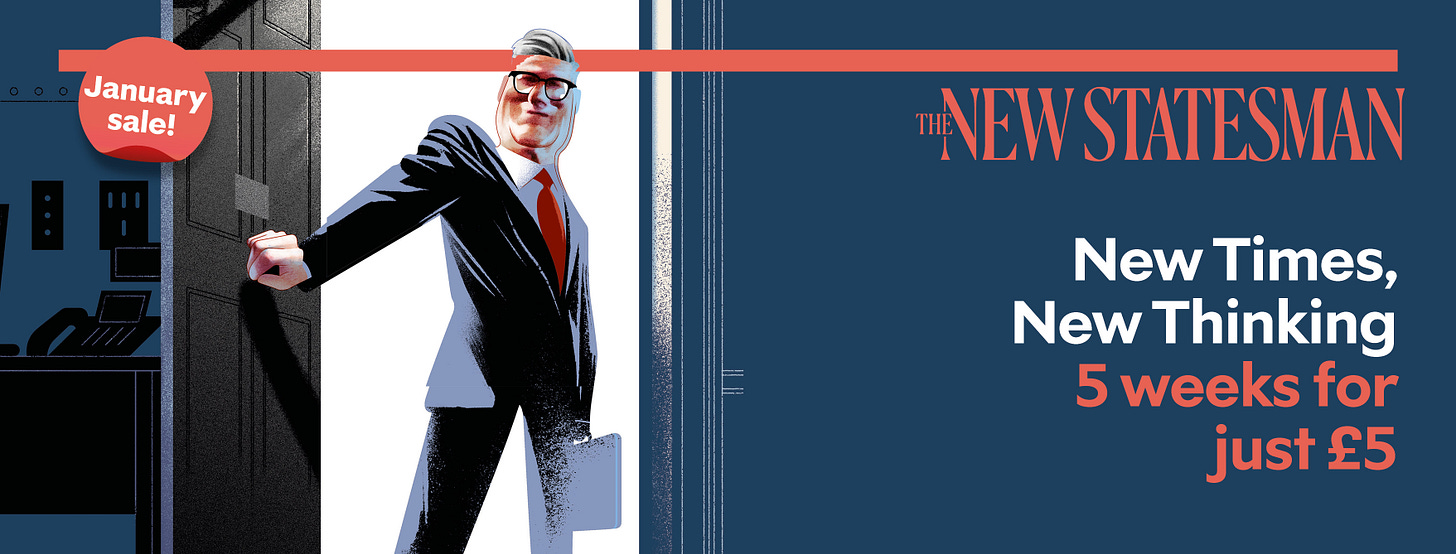
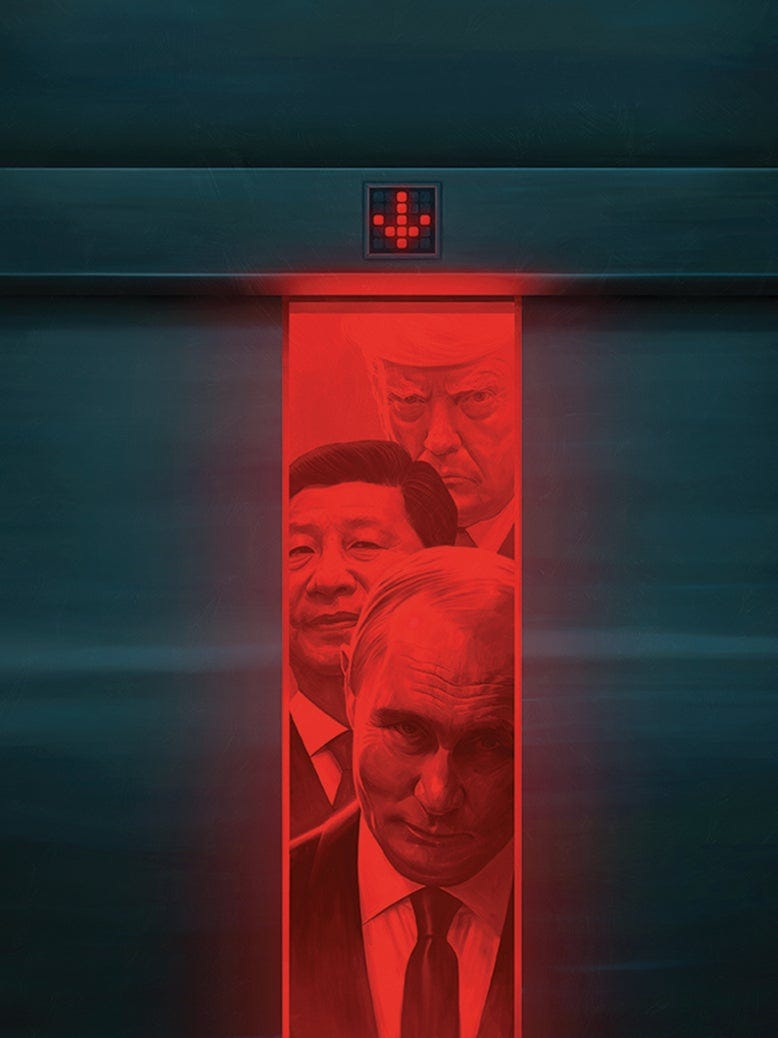
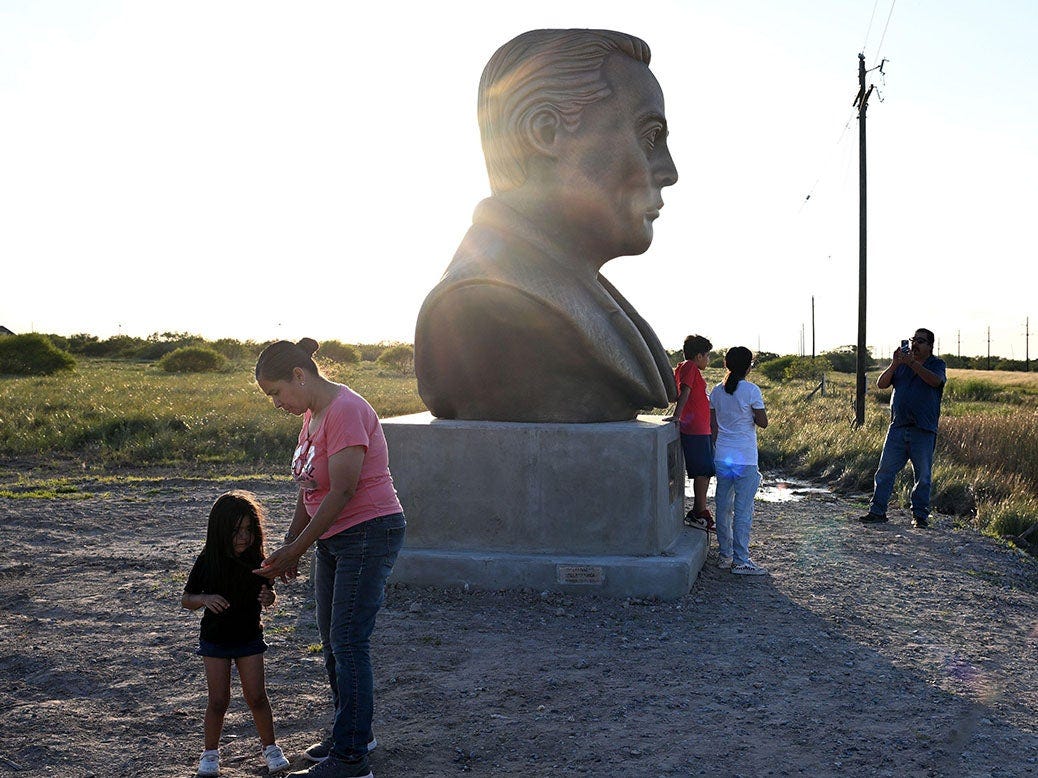
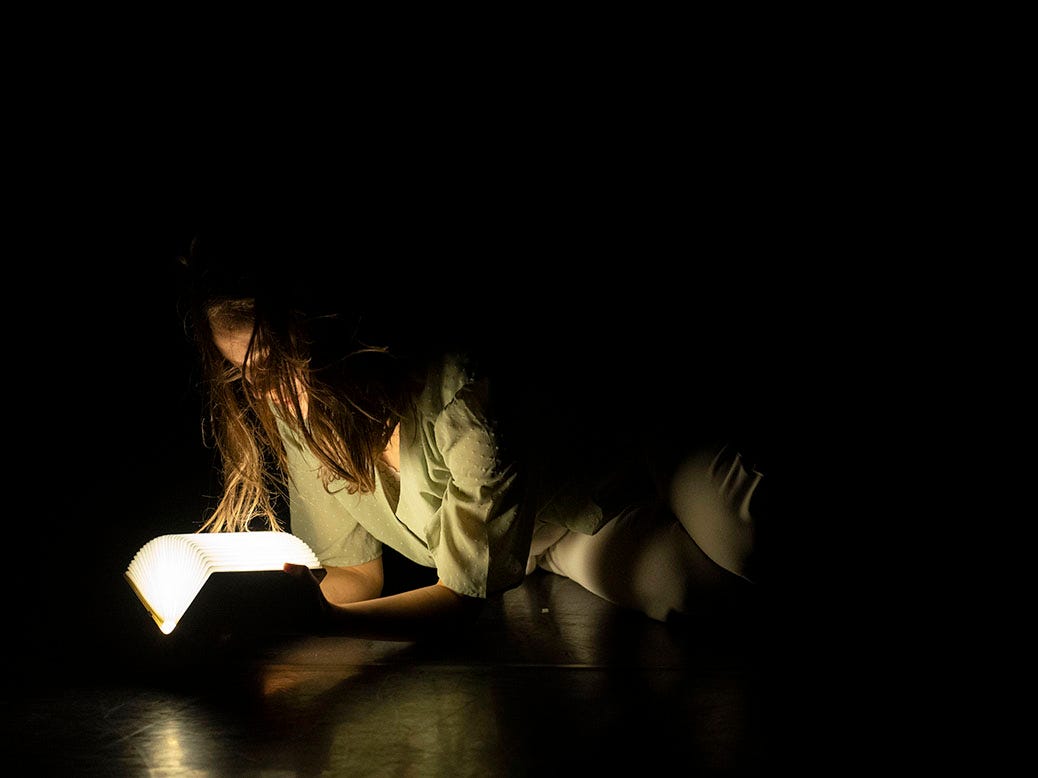
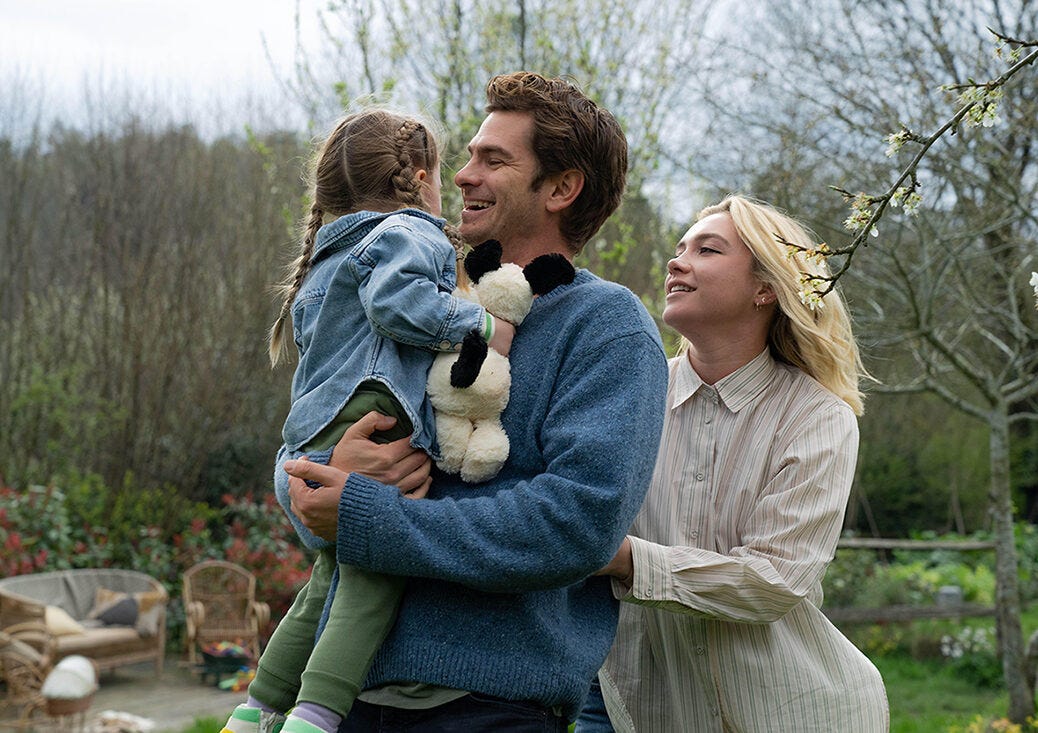
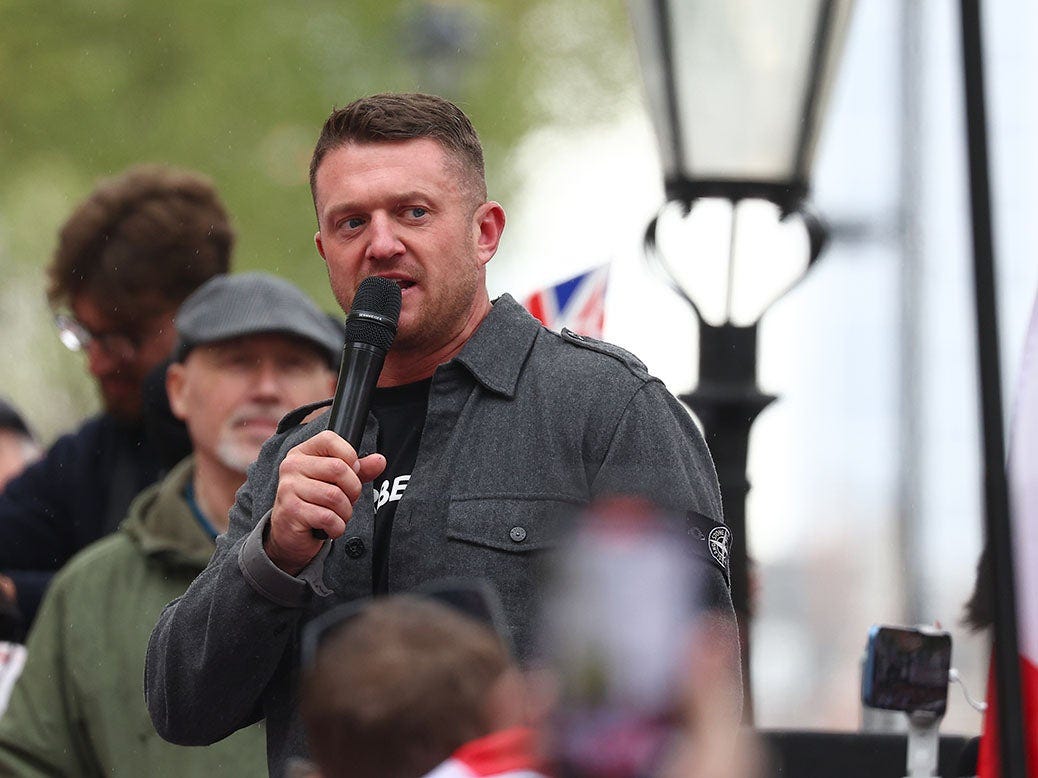

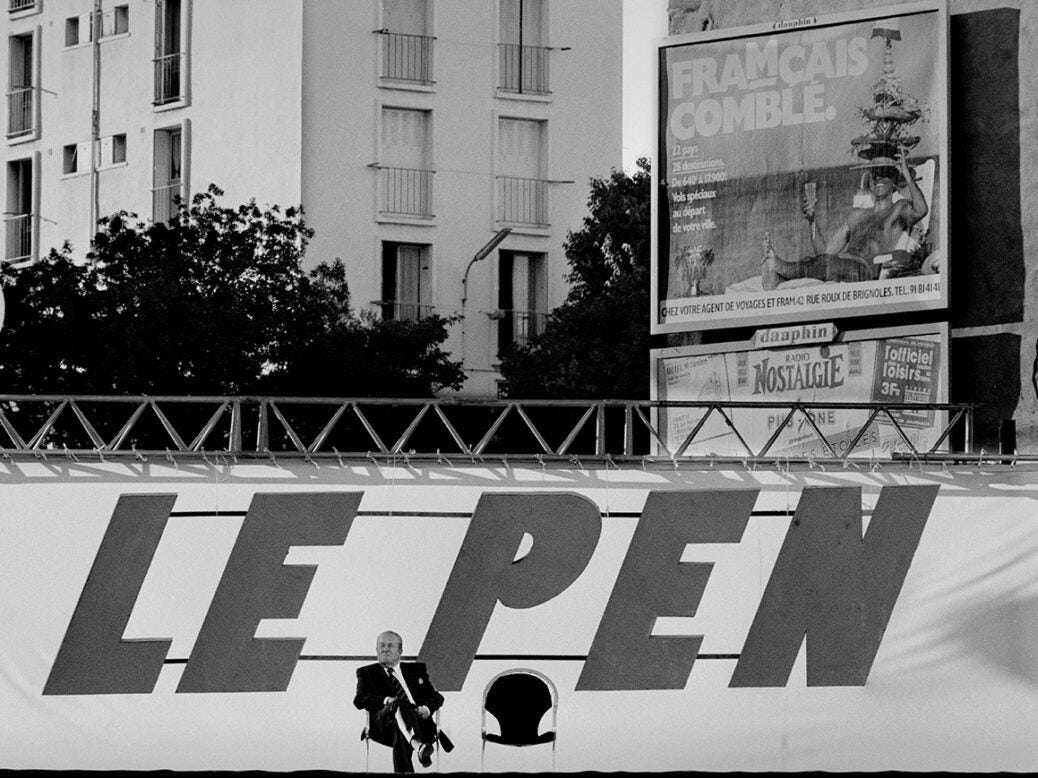
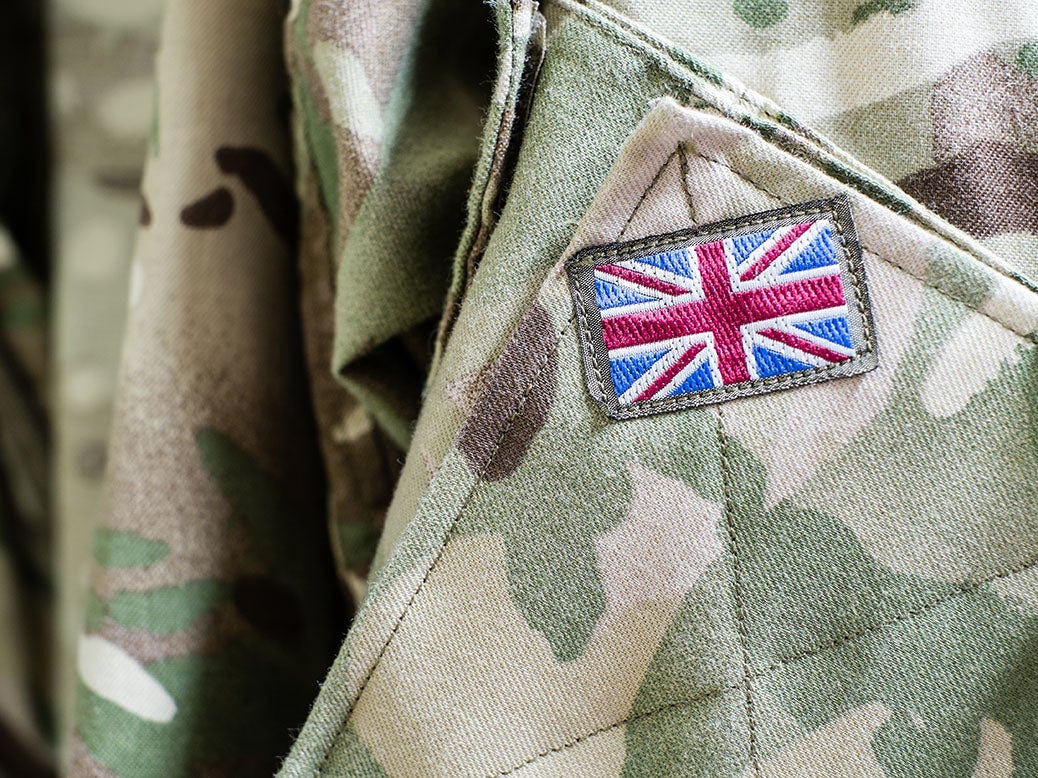


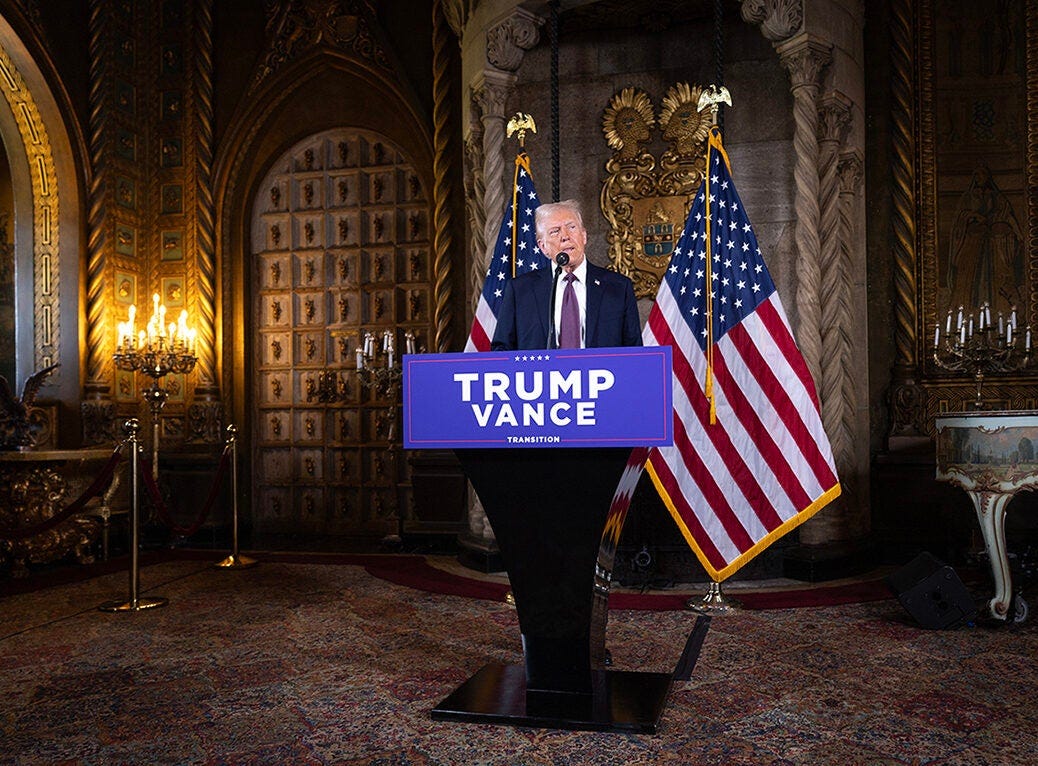

Von Clauswitz c.1850 opinened that trade was just another form of war, Trump heading up only 4% of world population has declared 'war' on the other 96%. Von Clauswitz also opined that Big Armies always win in the the longer term. "Drill Baby Drill" is fundamentally reverting back to "Slash and Burn". The "English Empire" fell apart as it was too expensive to maintain to exploit, the USA problem 21C is that their 'pseudo' free markets have become too expensive to maintain.
With the US now showing itself as an enemy of Europe and the UK, threatening sanctions (tariffs) on those who do not do its bidding then it really is time to wake up and realise that in this new world detente is needed. with enemies of the US.
A settlement of sorts must be sought with Russia in Europe and closer economic relations sought with both China and Russia. There must be no more ''coalitions of the willing'' with the US. It must be left to fight its own battles in the Pacific and the Middle East.
During the cold war there was a large bloc of non-aligned countries that maintained good relations with both sides. If the US is going to,foolishly, destroy Nato then Europe and the UK have little other choice than to take the non-aligned path. Of course defence can be built up in Europe but for just that,defence not to attempt to challenge Russia and its ally China, something which would only benefit the US and be nothing but detrimental to Europe.